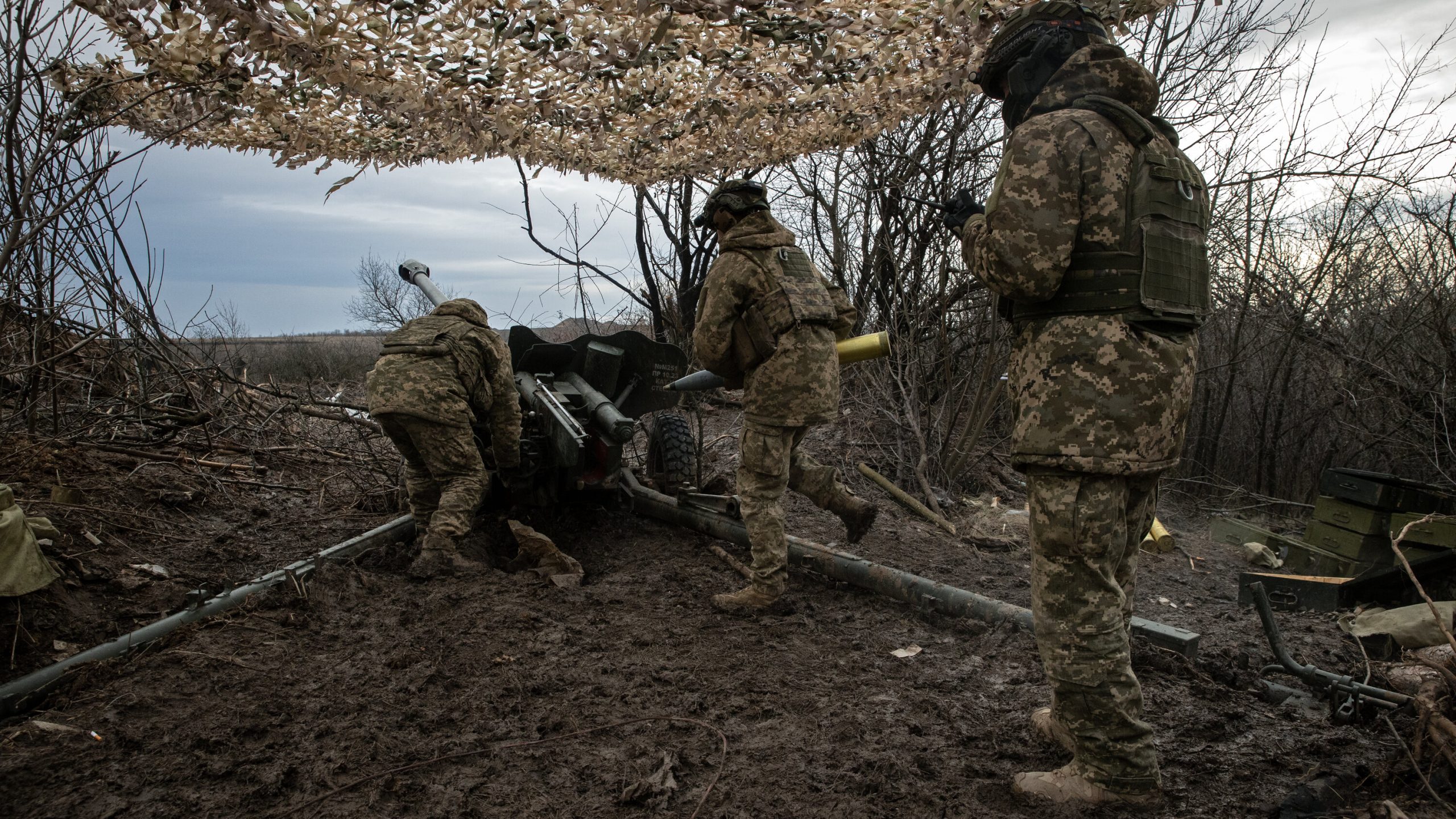Ukraine is grappling with some of its most challenging days since the onset of Russia’s full-scale invasion.

The much-anticipated counter-offensive appears to have hit a roadblock, and negotiations for fresh financial and weapons aid from the US and EU are proving difficult. The global focus on the Israel-Gaza conflict further diverts attention from Ukraine’s plight.
Amid broader Congressional disputes delaying a US aid package, Ukrainian leader Volodymyr Zelensky warns that Moscow is banking on perceived weakness from the US and Europe. Addressing a virtual meeting of G7 leaders, Zelensky emphasizes the urgency of maintaining the free world’s consolidation against Russian aggression.
President Joe Biden urges Congress to act promptly, emphasizing the immediacy of the situation. However, the aid package, which includes $61 billion for Ukraine among other allocations, faces potential opposition from Republicans, casting doubt on its passage.
In Kyiv, while officials project optimism, a hint of darker sentiment permeates. Citizens like Iryna and her husband Oleksandr express the toll of the conflict on their lives, recalling happier times before the invasion. Iryna emphasizes the need for foreign aid, stating, “We’d like very much for Ukraine to win. We really need help from abroad because it’s very hard for us.”
President Zelensky’s abrupt cancellation of a virtual meeting with US lawmakers adds to the uncertainty. The canceled meeting precedes a Senate vote on the aid package, which appears destined for failure due to expected Republican opposition over border-related disputes.
While Ukraine’s ambassador to the US, Oksana Makarova, remains cautiously optimistic, acknowledging that they are not yet where they want to be, the situation remains precarious. Despite the US announcement of an additional $175 million in weapons and equipment for Ukraine, there are challenges on the European front. The EU’s plans for €50 billion in economic assistance and discussions about Ukraine’s potential EU membership face jeopardy, with Hungarian Prime Minister Viktor Orban threatening to veto the proposals. Orban’s skepticism about Ukraine’s chances against Russia, coupled with his ties to President Putin, adds another layer of complexity to the already delicate situation.






